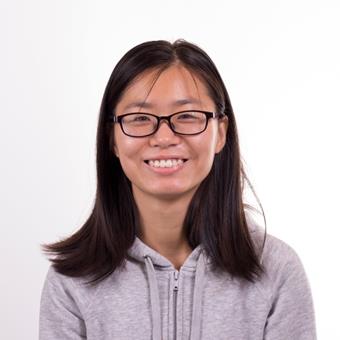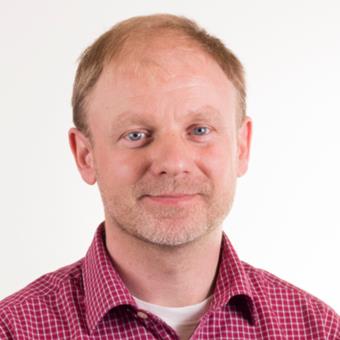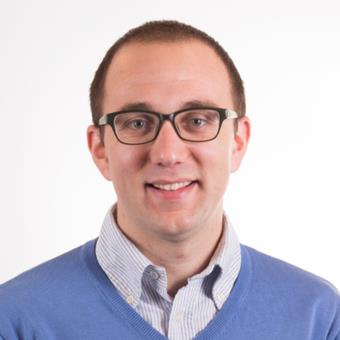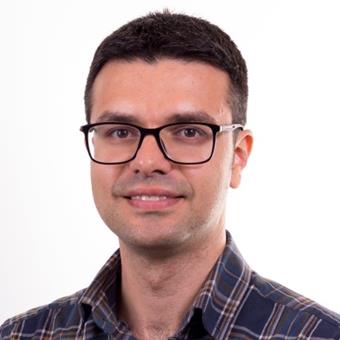Starting from a perspective of application/user needs, we do applied and fundamental research in the areas of microphysiological devices (e.g. lab/organ on a chip), electroactive surfaces for cell biology, soft microactuators and soft microrobotics, and textile actuators and textile exoskeletons.
Group members, Spring 2019





